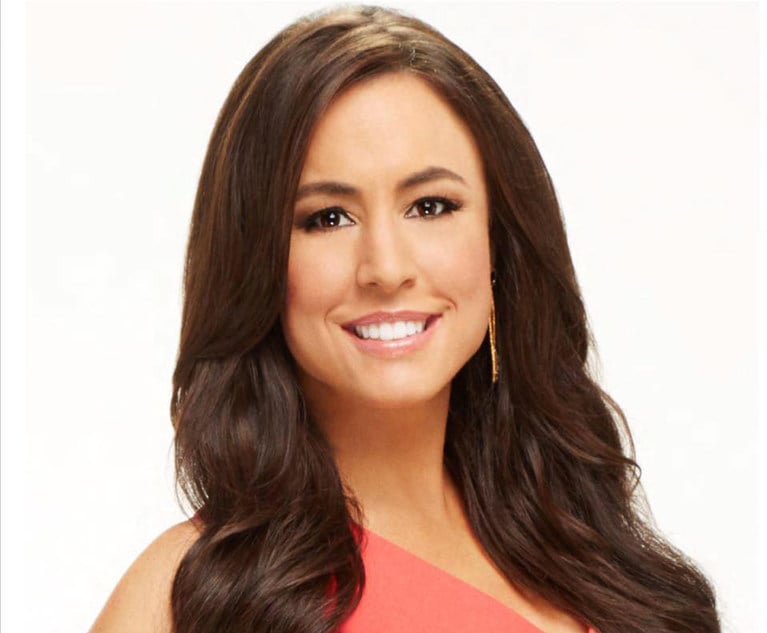Rules of evidence exist to provide for the fair, objective, reliable and prompt resolution of cases. Many family courts across the country are permitted to modify the Rules of Evidence and Court Rules in the “interest of justice.” For instance, New Jersey Court Rule 1:1-2. Construction and Relaxation; References to Marriage, Spouse and Related Terms, provides:
(a) The rules in Part I through Part VIII, inclusive, shall be construed to secure a just determination, simplicity in procedure, fairness in administration and the elimination of unjustifiable expense and delay. Unless otherwise stated, any rule may be relaxed or dispensed with by the court in which the action is pending if adherence to it would result in an injustice. In the absence of rule, the court may proceed in any manner compatible with these purposes and, in civil cases, consistent with the case management/trial management guidelines set forth in Appendix XX of these rules.
Therefore, judges sitting for a motion hearing, plenary hearing, or trial, may disregard a court rule or evidence—which is important to be able to do in certain circumstances. After all, the rules cannot be comprehensive in every aspect and will not cover every situation that may arise. In such cases, the rules should be construed to promote the ends of justice. It also means that when judges have a bias in favor of one client or another they can enter a ruling modifying the court rule or ignoring it and not be aware of or disclose a bias. They can modify the requirements and never even place findings of fact and conclusions of law on the record, nor state their modifications and reasons.


 Daniel Pollack and Toby G. Kleinman
Daniel Pollack and Toby G. Kleinman




